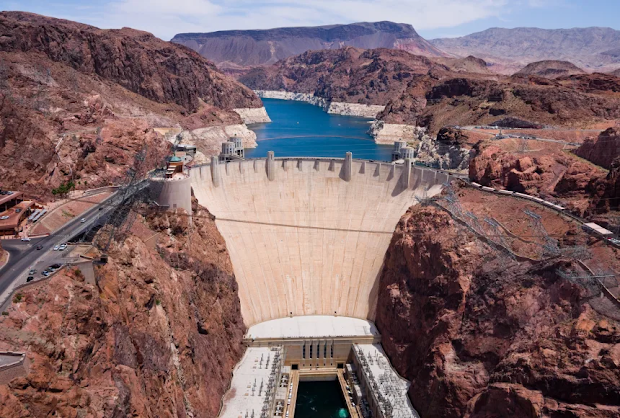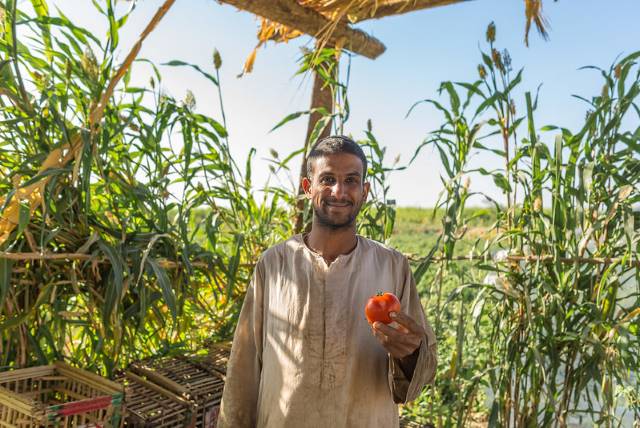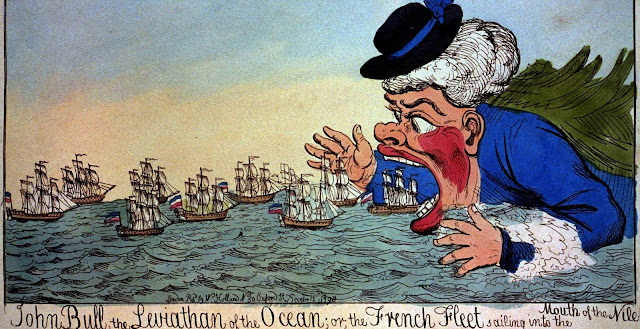Dams: benefits for whom?
 |
| Hoover Dam: one of the first examples of large water engineering projects considered a 'wonder solution' and national pride |
The dam construction will likely have fatal consequences for Egypt in terms of decreased sediment and water sources. However, the discourse of the project excludes the local effects of the megaproject, potentially because transboundary conflict and the picture of water wars keep media consumers more entertained.
In my last blog, I showed that most Ethiopian people want the project's implementation. This is partly due to the nationalist rhetoric of the government that suggests GERD is the answer to socioeconomic tensions in the country. According to the government, the 6450 MW of electricity produced by the dam could potentially double the energy production, therefore, could induce 35-40% GDP growth in the following decades. Within its communication, the government often highlights that it will be a game-changer for both the economy and the people. To support the narrative, they started a campaign with the main slogan: 'itsmydam', to mobilise society against Egypt's demands. Another proof of people's support is that thousands of people attended the funeral after the unexpected death of the dam's leading engineer.
 |
Large engineering schemes are presented as 'wonder solutions' in other parts of Africa and globally. Due to the power of engineers and institutional inertia, 3700 large dams are planned or under construction. Decision-makers single-mindedly focus on the large benefits of the megaprojects, like increased fresh water and food sources. While the impacts on rural livelihoods are overshadowed by national development goals. A typical example of a disastrous top-down approach is the Akosombo Dam in Ghana, which is, similarly to the GERD, a political and identity symbol. However, the project caused flooding in a significant area, causing long-term environmental damage and the forced removal of farmers.
If we investigate the construction of GERD, we can see similar results. As the reservoir is planned to be sixty billion cubic metres of water, twice the Blue Nile's source, Lake Tana's around twenty-thousand people had to leave their homes. The government argued that displacement would not be an issue as they provided land and employment for these indigenous groups. Most of them, including the Gumuz, and Berta people, are considered among the country's lowest standard of living communities. They lived in their agricultural communities connected to the Blue Nile for hundreds of years and did not want to leave. The government moved most of them to cities where they had to find non-agricultural jobs while they had limited education. Besides the removal of the space of indigenous communities due to the mega-reservoir, the remaining people will have to face the changing environmental circumstances in the region. To name one, giga-dams can grow the chance of local surface extreme rainfalls due to increased surface evaporation.
Making the dam a nationalistic symbol decreases the chance for cooperation in the future. However, this is only one limitation of the megaprojects. Despite the propaganda of the Ethiopian government that it would bring the golden age, the local farming communities suffered a lot. Therefore, their voices must also be heard when discussing solutions.




You have demonstrated a sound grasp of water and politics issues using the case study of teh Nile but specifically theEthiopian Grand Rennesaince Dam (GERD), which shows insights of broader implications, and a good number of posts that build upon one another. Your referencing is good but there are a few concepts you introduced but did not follow up in subsequent posts, concepts of “water allocation”, “scale of water usage”, “colonial legacies”, “governmentality”, and “pumping technologies”. These are important concepts in relation to water and politics (the Nile) that future posts can build on.
ReplyDeleteThank you for reading my posts and for your feedback. In my first post, when I mentioned these concepts, instead of focusing on each one, I tried to highlight how influential politics are regarding African water and its management. However, you are right in terms of the Nile case study, so I will focus on these themes; for example, I definitely write about potential transboundary water allocation or the water usage problem in Egypt. Also, I will edit my second post to emphasise the importance of colonial legacies in the GERD conflict even more.
ReplyDelete